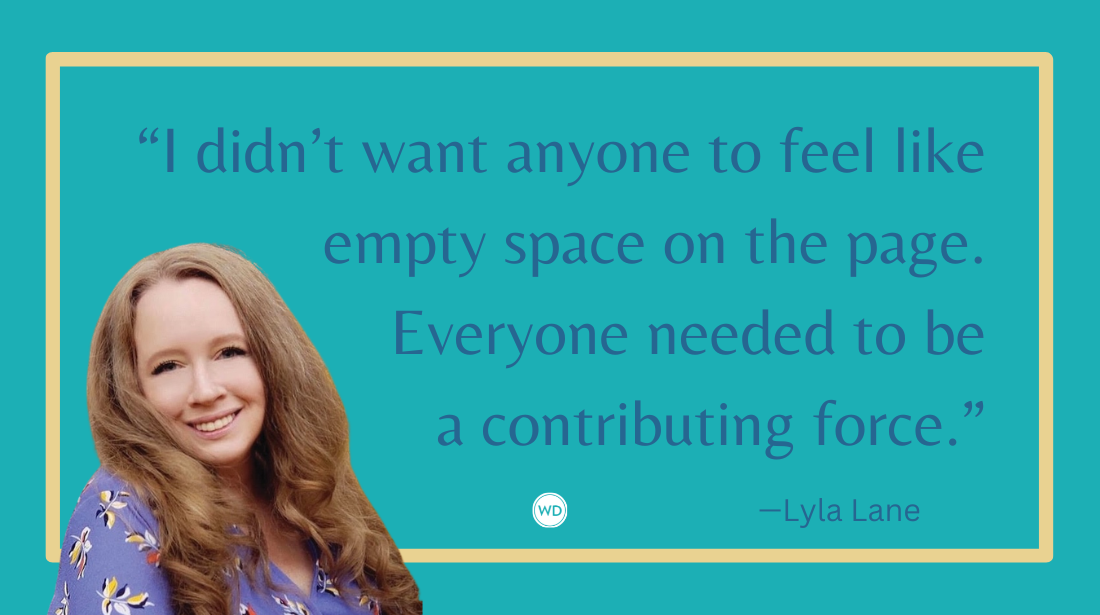How a First Century Saint Inspired Me to Save Myself and Share My Voice
Author and theologian Meggan Watterson explains how studying the story of an early saint helped her life and writing.
I can only tell the truth about my life by writing it. Talk-therapy has never worked for me. Or if it works, it takes triple the time to reach the truth. I can dance around the truth when I talk about my life out loud, circling and circling with dramatic flair what’s actually real at the center of any story I’m telling.
There’s something about writing that strips me of all embellishment. Writing for me tricks the deeply embedded taboo of breaking the silence about long-held family secrets, or stories ensconced in shame. Maybe because writing is done in silence. Writing is like whispering; it keeps a truth secret even as it’s being shared.
As a feminist theologian, I often feel like I’m telling secrets about religion that many know, and even agree with, but rarely talk about out loud. And I couldn’t tell the truth about a forgotten saint named Thecla, without also telling the truth about how her story inspired me to finally heal a pattern in my life that had me trapped for over a decade.
Thecla’s story is found in a text that scholars date back to as early as 70 C.E. titled The Acts of Paul and Thecla. When the world stood still in 2020, I felt this gravitational pull to start studying it again. I had vaguely remembered it from seminary, especially that Thecla—a teenage girl with little to no power in the world around her—ends up baptizing herself and living a life no one thought possible.
After studying it for months on end, a template of spiritual transformation became discernible in her story—Thecla moves through seven distinct stages to go from a girl trapped in a life that is based on fulfilling the expectations of others, to a life ordained from within her, a life that she chooses and wills for herself even at a time when she wasn’t free to do so.
Thecla somehow reclaims her innate power to choose the life she wants for herself. And this is what inspired and changed me so profoundly—no one comes to save Thecla. All throughout Thecla’s story, she is called on to save herself. Or, she’s saved by the person she has to become in order to save herself. She has to keep morphing into more of the truth of who she is, revealing with more authenticity, more vulnerability, what she knows is meant for her.
And it’s this precise inversion—this living from the inside out with absolute integrity, this is true power. So in order to tell her story, I had to let myself be changed by it. I had to put the wisdom I found in her story into practice. And I could only do this by finally figuring out how to end a harmful pattern I kept making when it came to love. I had to figure out how to reclaim my power to choose as Thecla had, a life no one thought possible.
The maxim that emerged in the writing process that summates what Thecla taught me is this: The only way out is within. Thecla inspired me to write the truth about what has been hardest for me to endure. And the truth, as promised, set me free.







